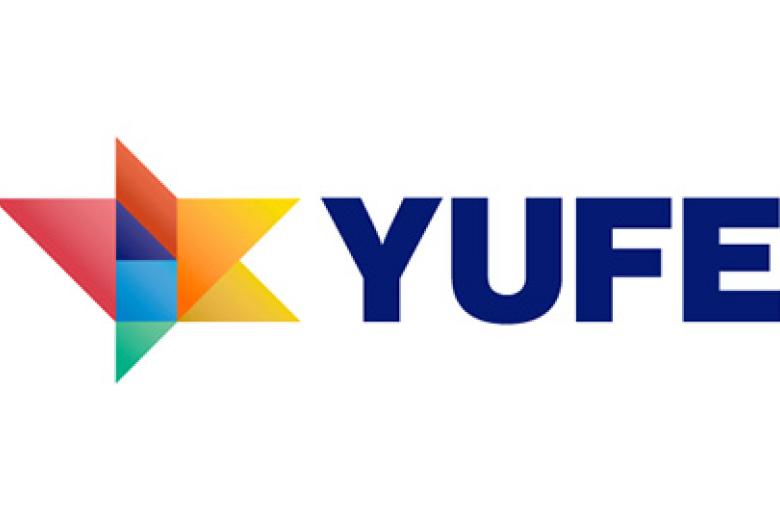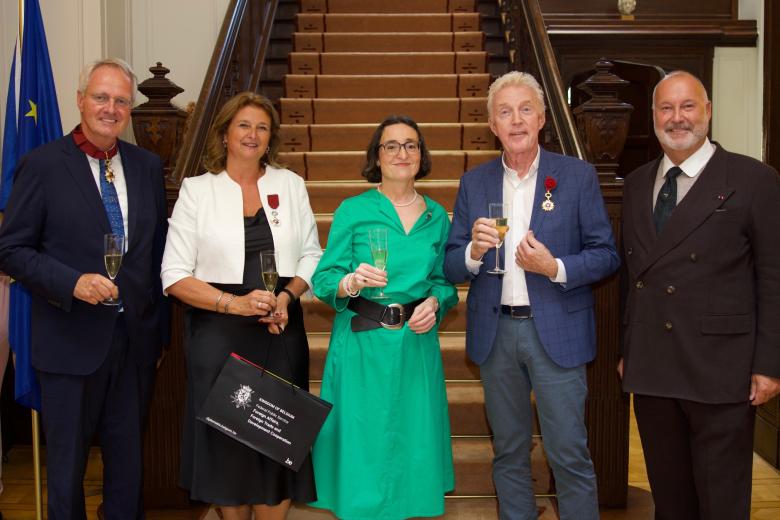Comparing Voices: Speaker Identification Witness Seminar
Anna Kvicalova and Karin Bijsterveld publish OA “Comparing Voices: Speaker Identification Witness Seminar”
Witness seminar transcripts on the history of speaker identification in Europe and the USA.
On 17 June 2022, historians of science Karin Bijsterveld and Anna Kvicalova gathered with a small group of specialists in forensic phonetics and acoustics at Maastricht University in the Netherlands for a witness seminar on the history of speaker identification. The group included Angelika Braun, Herbert Masthoff and Maartje Schreuder, and in a second sitting, Peter French. The event was co-organized by the Maastricht University Science, Society and Technology Studies research programme and Charles University (Centre for Theoretical Study) in Prague. The idea was to learn more about West European speaker identification methods by drawing on participants’ personal experiences in the field, and to gain new insights in speaker identification practices in Eastern Europe around 1989.
The seminar was conducted without an audience, but a transcript of the discussion and interactions is now made available as an Open Access publication. The transcript can be downloaded here.
The publication provides a unique source of information for academics as well as speech science practitioners, offering a glimpse into the field’s development over time. It also contributes to a corpus of oral history sources on the history of the 20th century science and technology.
Also read
-
Green light for UM participation in unique YUFE bachelor programme
The UM can start as a degree awarding partner in the new unique bachelor programme Urban Sustainability Studies offered by YUFE (Young Universities for the Future of Europe), an alliance of ten European universities. This week, the UM received a positive outcome of the macro due diligence assessment...

-
Professor Anouk Bollen-Vandenboorn appointed Knight in the Order of the Crown
Prof. Dr Anouk Bollen-Vandenboorn, Director of the Institute for Transnational and Euregional cross border cooperation and Mobility (ITEM) at the Faculty of Law, Maastricht University, was appointed Knight in the Order of the Crown on 3 July, during a formal ceremony at the Belgian Embassy in The...

-
Study Smart gets Dutch Education Premium
Maastricht University's (UM) interfaculty educational innovation project Study Smart is one of the three winners of the Dutch Education Premium 2025. This was announced on Tuesday during the Comenius festival in The Hague.
